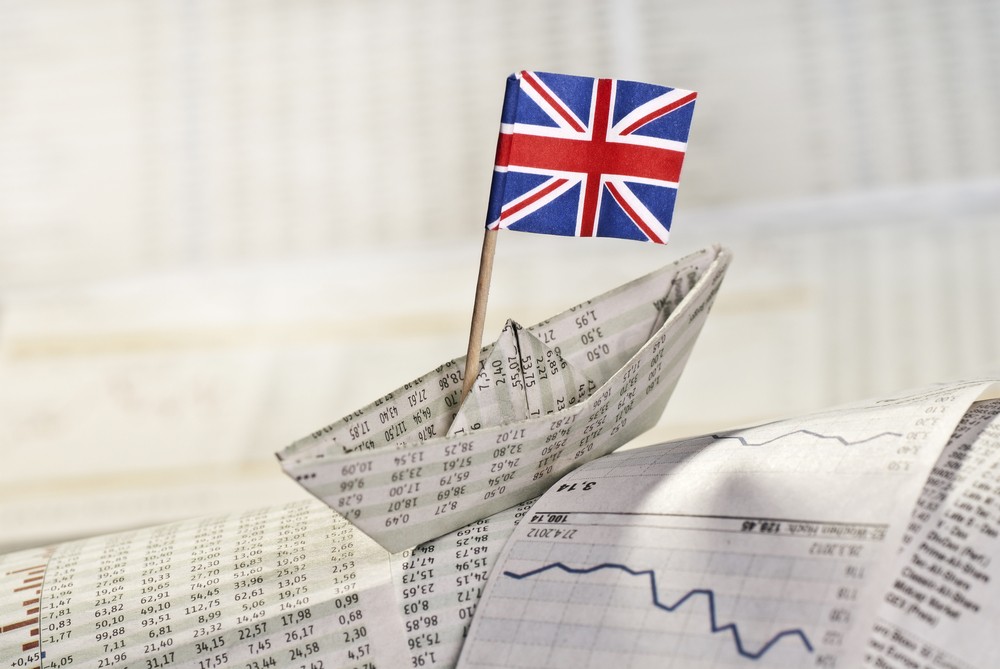British Trade Struggles After Brexit

As of the first of the year, Britain is no longer part of the European Union’s (EU) single market — the universal trade agreement shared by membership countries. Instead, the country struck up its own trade agreement in an 11th hour push to avoid a hard Brexit. But now, three months into 2021, the succession from the EU is going harder than many would’ve suspected.
Despite the new trade agreement, imports and exports have plummeted, alongside Britain’s gross domestic product (GDP). Britain needs to work fast to figure out how to get trade, and the company’s economy, back on track.

Import-Export in freefall, anchoring the economy
According to figures from the Office for National Statistics, as reported by the Associated Press, trade in the early stages of Brexit couldn’t be going worse. Goods exports to the EU in January fell 40.7% after the trade agreement finalization, and imports dropped 28.8%. These staggering figures have contributed to a 2.9% month-over-month decline in total economic output.
Import-export figures to other parts of the world aren’t promising, either. While exports to non-EU countries ticked up slightly, imports declined by about 8%. The country has reported trade lows not seen since the late 1990s. Should they continue, these figures will put Britain on the fast track to economic turmoil. Despite avoiding a hard Brexit, the country could be in for a difficult recession.

An adjustment period? Or is it according to plan?
Despite the staggering fallback in trade, British officials at the helm of Brexit seem unconcerned by the figures. A statement by the British government following the report said, ”Many businesses have adapted well, and our focus now is on making sure that any business that is still facing challenges gets the support they need to trade effectively with the EU.”
For proponents of Brexit, this jarring shakeup of international trade is expected. In fact, this trading trauma may be the catalyst Brexit backers need to justify a British-first economic standard. As Prime Minister Boris Johnson has echoed in recent months, the passing of Brexit is an opportunity for Britain to “regain control of its laws, borders, and fisheries, while helping the U.K. negotiate free-trade deals with countries outside the bloc.”
Critics of Brexit are skeptical of this opportunity and many are already sounding alarm bells about the turmoil ahead for Brexit-related trade struggles. Many believe the country’ struggles will persist far beyond an adjustment period, putting significant strain on the country as it seeks to find its footing outside of the EU.

COVID-19 or bigger barriers to overcome?
There’s no denying the role of COVID-19 in the trade struggles Britain has seen. Whether the majority of the slowdown can be blamed on the pandemic or not, it remains a stunt on the country’s long-term prospects to establish itself as an independent trade party. The country needs to act now to stimulate new trade agreements, reduce its trade deficit, and find ways to improve total trade output through the end of 2021.
